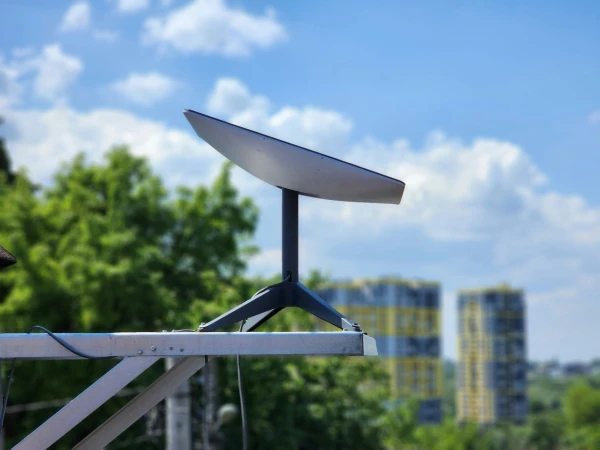
The biological father left the mother when she was still pregnant and did not participate in the child's (daughter's) life. The daughter is now 21 years old, her mother recently passed away, and she is in a difficult financial situation.
As far as she knows, the biological father has no financial problems. Can the daughter demand a DNA test and, if paternity is established, demand alimony payments for all the years the biological father was obligated to pay? Reader of bb.lv
Valtersbergs, lawyer:
— Article 179 of the Civil Law establishes that parents are obliged to support their child in proportion to their capabilities and financial situation. This obligation lies with both the father and the mother until the child can provide for themselves. Moreover, according to the clarification of the Senate of the Supreme Court (decision of January 7, 2015, in case No. SKC-1478/2015), this obligation may extend to a child even up to the age of 24: if they are studying full-time in secondary or higher education, they are considered unable to support themselves, and thus, their parents are obliged to support them.
In this case, the fundamental question is whose name is listed in the "father" section of the daughter's birth certificate? If the father is not indicated, the author of the question should first apply to the court for a declaration of paternity.
According to Article 157 of the Civil Law, if a joint application for the recognition of paternity was not submitted to the civil registry office, or there are obstacles specified in Article 155 of the aforementioned Law (norms for determining the child's origin from the father through voluntary acknowledgment or through the court), paternity is established by the court for the entry of the father in the birth registration book. When considering the claim, the court takes into account any evidence confirming the child's origin from a specific person or excluding such a fact.
According to Article 158 of the Civil Law, a claim for the establishment of paternity can be filed in court by the child's mother or guardian, by the child themselves after reaching adulthood, as well as by a person who considers themselves to be the biological father of the child.
Accordingly, if the father is not indicated in the birth certificate, paternity must first be established. Only after the court's decision on the establishment of paternity comes into effect can alimony be demanded, and a request for retroactive payments is not permitted.













Leave a comment